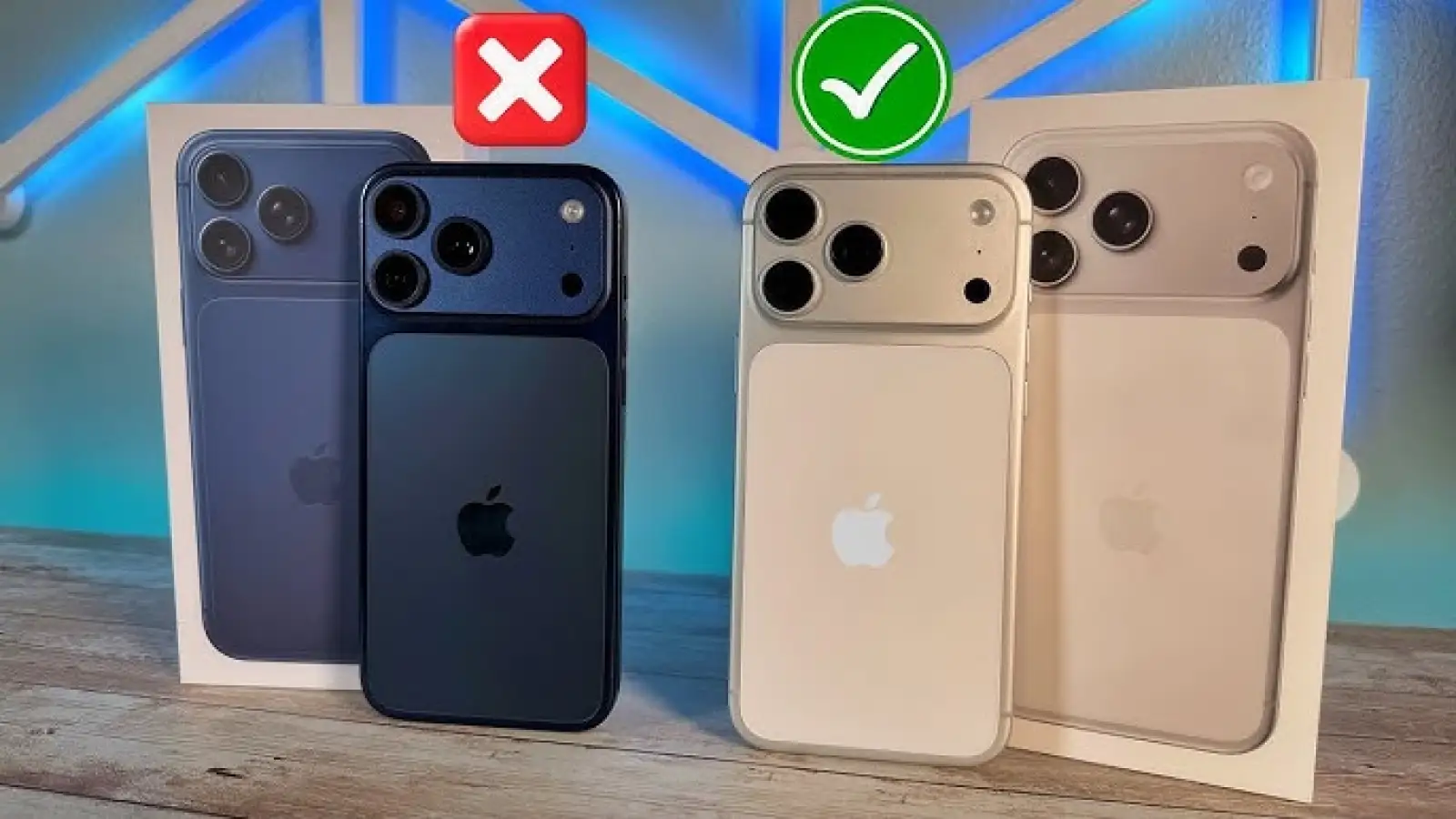iPhone 17 Clone in Nigeria: Everything You Need to Know Before Buying

Lately there’s been a buzz online and in phone markets across Nigeria about the so-called “iPhone 17 clone.” If you’ve seen videos or listings for a device that looks exactly like the latest iPhone 17 model but sells for a fraction of the price, here’s the key fact you need up front: many of these units are essentially an iPhone XR (or similar older models) fitted into a newer iPhone-style casing. They look impressive on the outside, but under the hood they’re very different from the original iphone 17 Apple device.
If you’re thinking of buying one, read this guide first — it explains what these clones are, the risks, how to identify them quickly, and safer buying steps for buyers in Nigeria.
What exactly is the “iPhone 17 clone”?
A clone in this context is a phone casing built by third-party manufacturers that mimics the external design of a current iPhone 17 models. The recent trend uses the internal hardware of an older iPhone model — commonly an iPhone XR or similarly aged device with a newly manufactured case that copies the iPhone 17’s looks (buttons, camera layout, casing shapes).
The result: a phone that appears like the newest iPhone 17 in photos and short videos but performs like an older, less capable device.
Why people buy these clones
-
Looks at a lower price: Many people want the modern iPhone 17 appearance without the huge price tag.
-
Peer and social influence: Showing off a “latest iPhone” still carries social value in many circles.
-
Easy availability: Clones can be found in local markets and online marketplaces quickly.
But the savings come with trade-offs. You’re not buying the latest Apple hardware, software updates, or warranty coverage.
The risks you should be aware of
-
Misleading performance: Internals like the XR chipset, older camera modules, or lower-quality screens will give slower app performance, poor battery life, and lower camera quality than a true modern iPhone 17.
-
No official newer updates or Apple services: Clones won’t receive newer iOS updates from Apple services.
-
Lower resale value and warranty problems: There’s no official Apple support and resale demand for clones is very low.
-
Possible security risks: Some cloned or repackaged phones may include questionable firmware or pre-installed apps that threaten privacy.
-
Hidden faults and shorter lifespan: Repackaged older hardware can fail sooner due to age, reused or inferior parts.
How to spot an iPhone 17 clone fast (before you buy)
-
Check the OS carefully: Genuine iPhone 17 runs newer versions of Apple iOS.
-
Look in Settings → General → About: Confirm the model name and iOS version. If model and serial/IMEI don’t match Apple’s devices, be suspicious.
-
Verify IMEI/Serial: Use the phone’s IMEI/serial and check on Apple’s official check coverage page. If it’s not recognized as an Apple product, it’s a fake.
-
Test Face ID / Touch ID and native apps: If biometric unlocking or Apple native apps (App Store, Messages, FaceTime) are missing or broken, that’s a red flag.
-
Inspect the camera and screen: XR internals mean a single camera and LCD screen quality different from modern OLED iPhones — test camera zoom, low-light shots, and screen contrast.
-
Battery info and performance tests: Older internals will heat up under load and have noticeably poorer battery performance than a genuine modern iPhone 17.
If possible, bring a friend who knows phones or ask the seller to let you run these checks before you hand over money.
Why You Should Buy from Verified Sellers
Whether you’re buying a phone online or in person, always use trusted marketplaces and verified sellers. Local platforms like Marketplace Naija offers buyers protection and allow verified listings, ensuring transparency between buyers and sellers. You can check reviews, compare prices, and message sellers directly before you pay.
This extra step helps you avoid scams and gives you a better chance of finding genuine or refurbished Apple products safely.
Safer buying tips
-
Buy from authorized dealers or reputable resellers whenever possible. For genuine Apple devices, authorized resellers and official stores are the safest route.
-
Ask for receipts, serial numbers, and warranty documentation. Verify IMEI/serial before payment.
-
Inspect the phone in person if you can — test the camera, screen, and basic apps.
-
Use buyer protection payment methods Marketplace Naija offers Buyer protection that allow dispute resolution; avoid cash transfers to unknown individuals.
-
If you want the look but not the cost, consider well-documented refurbished phones sold by trusted sellers rather than unknown clones.
Final thoughts
The iPhone 17 clone trend shows how demand for premium designs remains strong in Nigeria. But while the casing might look like the latest model, the internals often do not. If you value genuine performance, Apple services, and long-term support, a clone will disappoint. If you decide to buy a clone anyway, do so informed — verify IMEI/serials, inspect the device in person, and buy from sellers who accept returns.
If you’re browsing classified listings, platforms that promote verified sellers and clear item details make it easier to avoid scams. Be careful, ask questions, and always check the device thoroughly before committing your naira.



